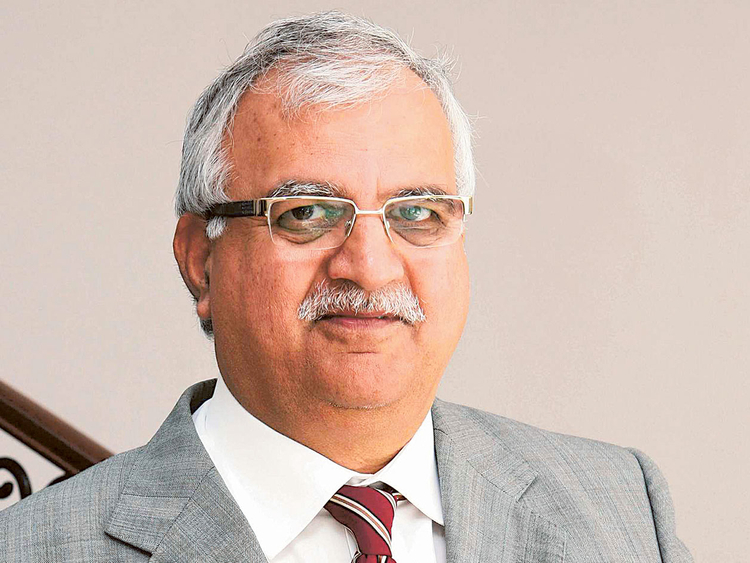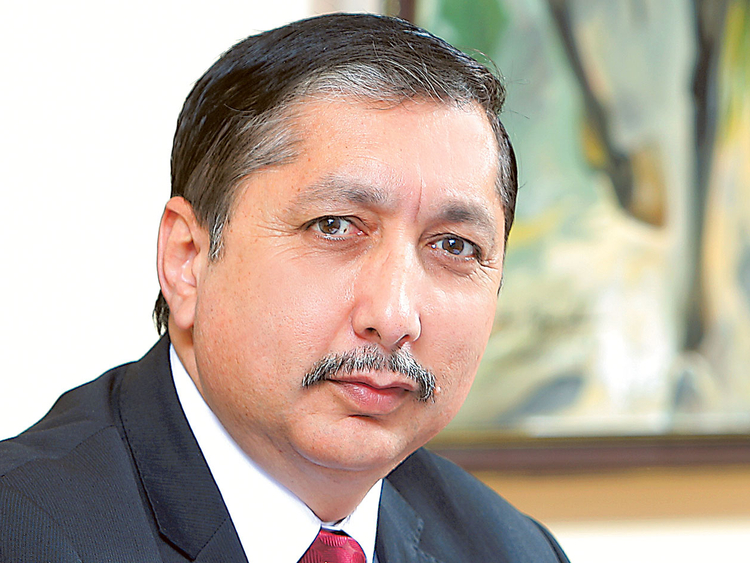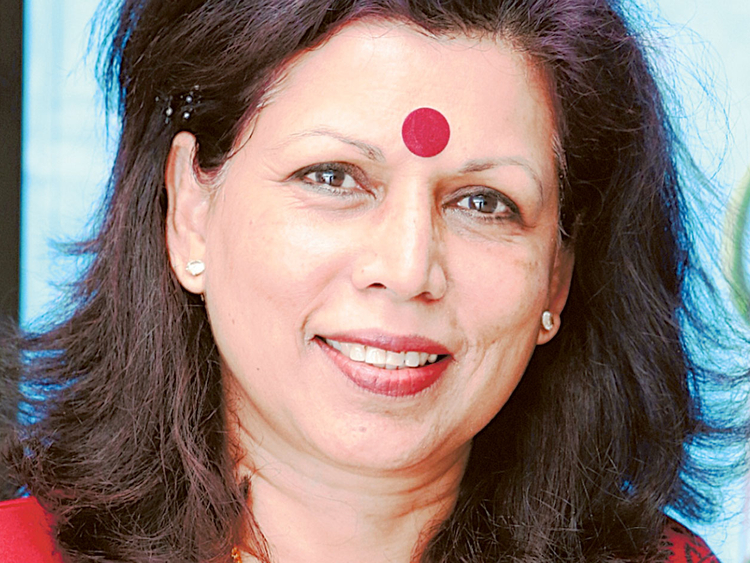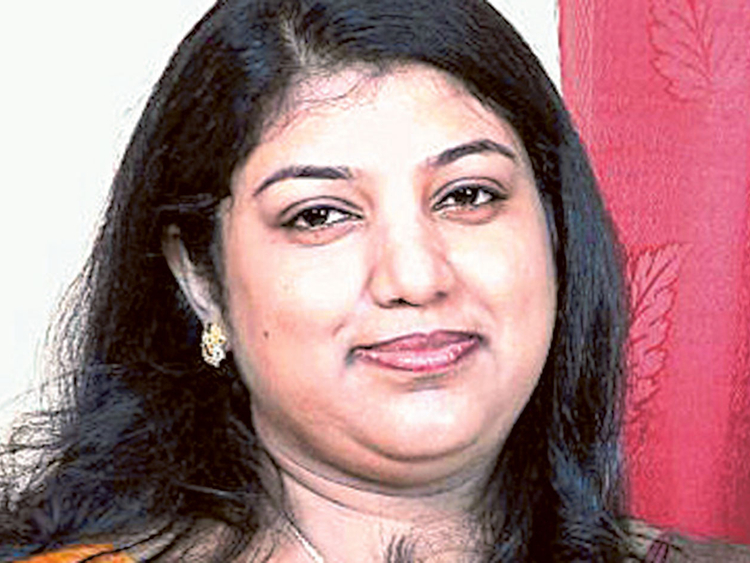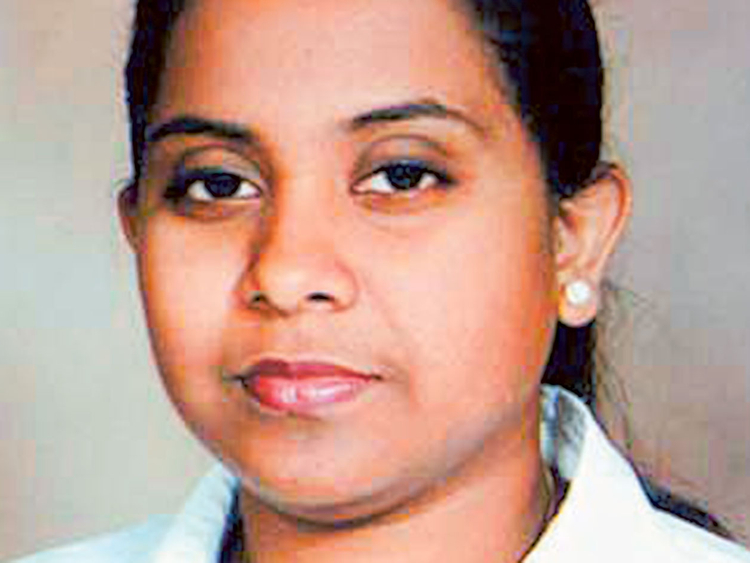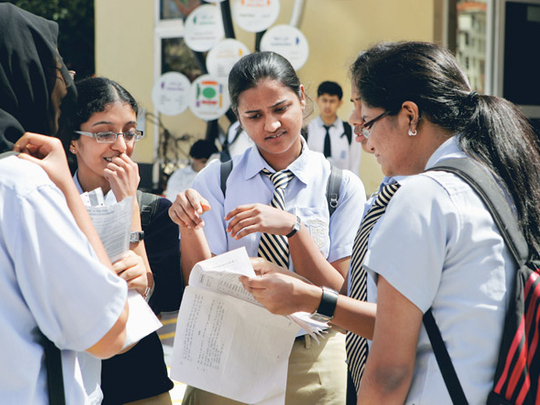
Dubai: India’s Central Board of Secondary Education’s decision to change its exam pattern for grades 6 to 10 will pose new challenges for schools and put more stress on students in the UAE. However, the new system will, in the long run, prepare the students better in handling the pressure of exams in senior classes, educators said on Monday.
There are 65 CBSE-affiliated schools in the UAE and they have to follow the new assessment pattern from the next academic year beginning April. The new system has abolished the formative and summative exam pattern followed in the current system of Continuous and Comprehensive Evaluation (CCE).
Students now have to take annual exams covering the entire portion for all subjects. Though there are internal assessments including periodic tests, notebook submission and enrichment activities, their marks will be limited to 20 whereas 80 per cent weightage will be for the end of the year written exam.
A maths teacher said students currently study for three months and forget that after their FA exams.
“They do not revisit the concept. In the new system, the students will understand the complete concept when they revisit the early concepts, especially in progressive subjects like Maths.
If the students study systematically, the amount of portion will not be a problem, he said. “Since they have already learnt it, it won’t take much time for them to revise it. Also, when they come to grade 11, the full portion is being tested.
With the new pattern, they will get used to that system from smaller classes,” he said.
Since students used to score high in the current system, it will be a challenge for schools to meet the benchmark of 75 per cent students scoring above 71 per cent marks in order to be rated [by Knowledge and Human Development Authority] as outstanding in attainment, according to Ashok Kumar, CEO of The Indian High School.
“Schools will have to make adequate provision in curriculum to enhance the skills like “collaborative problem solving”, one of the components of the PISA test for all 15 year old (grade 10) students and reasoning skills for TIMSS for grade 4 and 8 students in Dubai,” Kumar said.
Rashmi Nandkeolyar, principal of Delhi Private School, Dubai, noted that the CCE system failed because quality control was difficult in the “big CBSE family”.
“In Dubai, we will not forego formative assessment and best practices such as unit tests. Instead, we intend to integrate it into a new system. For grade 10, there will be more academic pressure. But we are confident that students will be able to handle it because we insist on deep learning of concepts. For other grades, we intend to only the tweak the current system a little to ensure that students are well prepared for the cumulative exams.”
The revised assessment pattern is a welcome change, said Michael Guzder, vice-president, Indian Schools with GEMS Education, and executive principal of The Millennium School.
“The principals of all GEMS schools following the CBSE curriculum have met and put together a plan of action which will ensure a smooth transition from the CCE pattern to the end of year examination pattern. Schools have been amply supported by the Board in the past and we are sure we will receive support through timely updates on the new assessment pattern.”
“The new pattern will be shared and explained in detail to all stake holders and pupils. Practice will definitely make them perfect as the new assessment pattern will require pupils to be systematic and work hard with their academics," said Gudzer.
Teachers will be trained on how to translate the new requirement in teaching and learning without compromising on the personalised learning and differentiated instruction. Schools will ensure that the written examination will have a balance between content assessment and understanding and application of skills,” Gudzer added.
Sheena Beas, an English teacher and mother of two, too felt there will be more pressure on the children for concentrating on the content. However, she welcomed the move.
“As a parent and a teacher, I welcome the change because I have always felt that the purpose of the whole exercise [CCE] was not fulfilled. The tasks many a time are not very challenging for students. Now they can concentrate more on the final exams for better grades and better understanding of the subject.”
Parents like Anu Cherish are however concerned about the new system putting more pressure on children.
“The lifestyle of the society, especially in the case of the expat children, is different from what we had in our childhood. They don’t get plenty of time like we did. I think it is going to be difficult for them to study the entire portion for the annual exam.”


